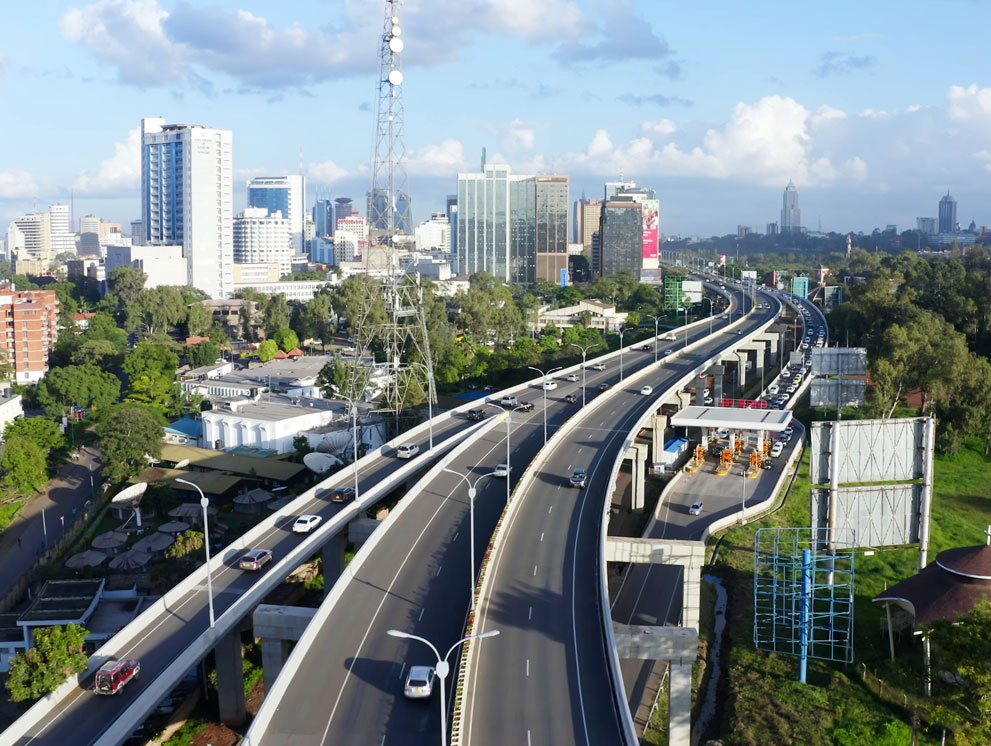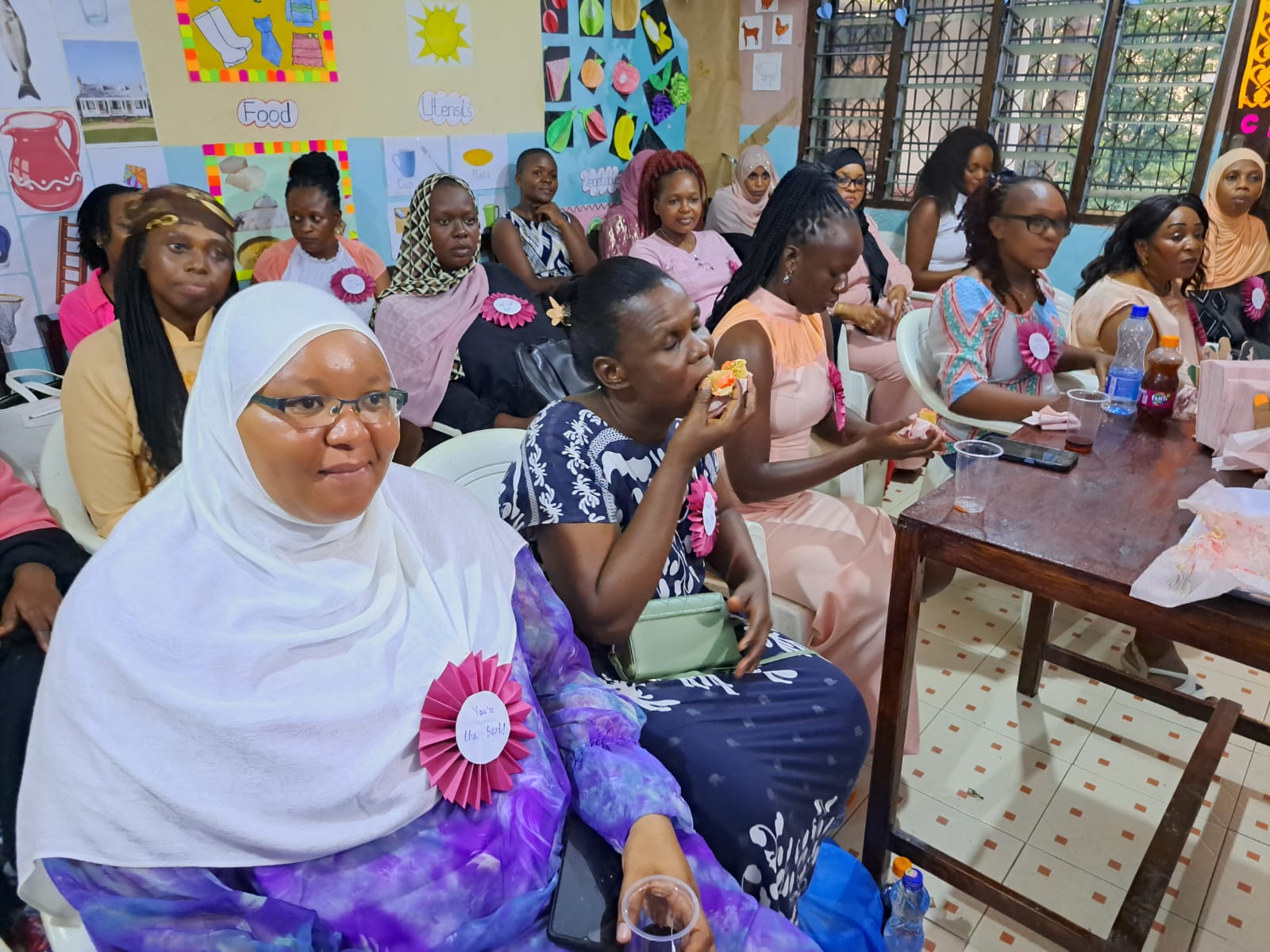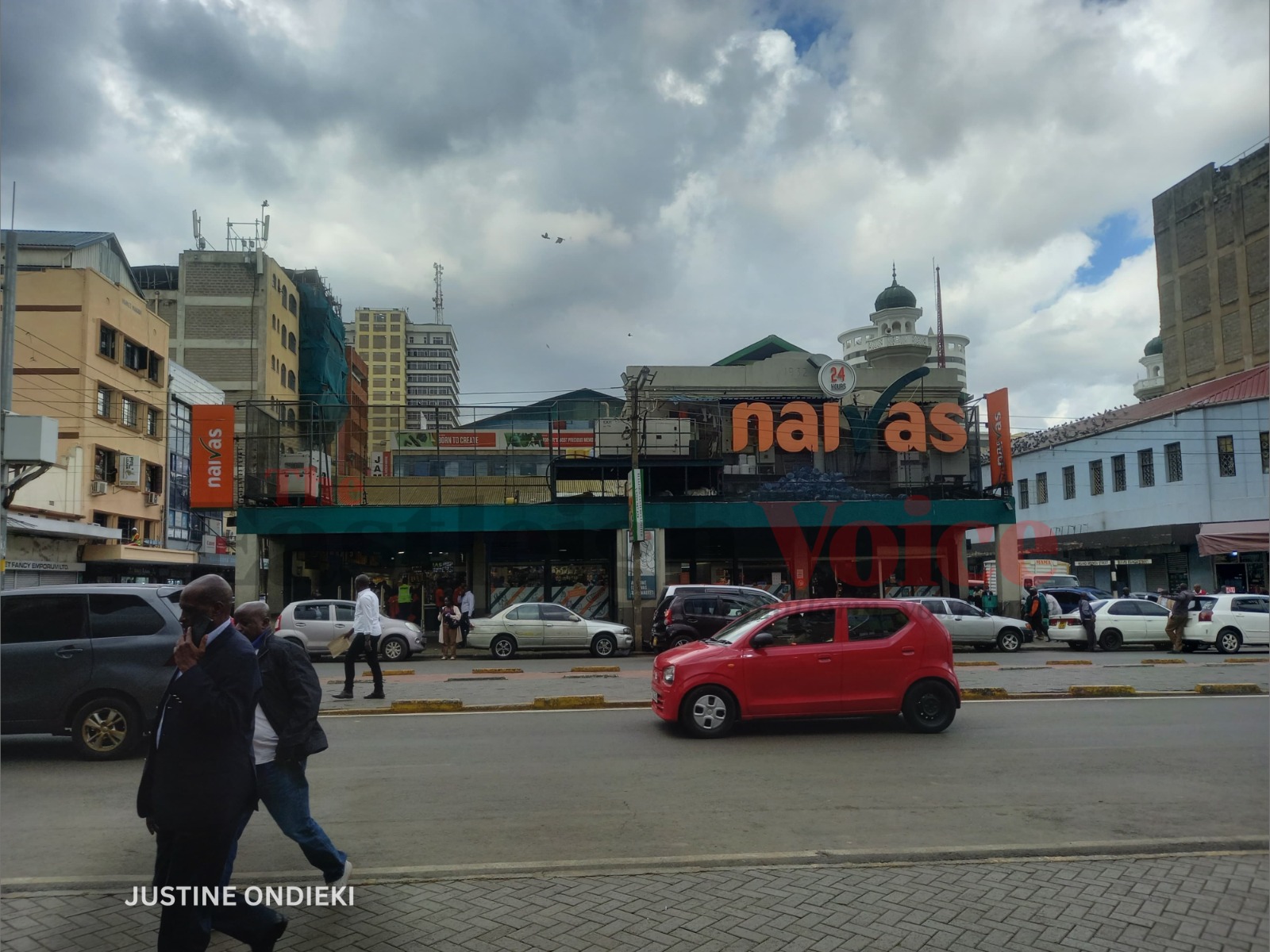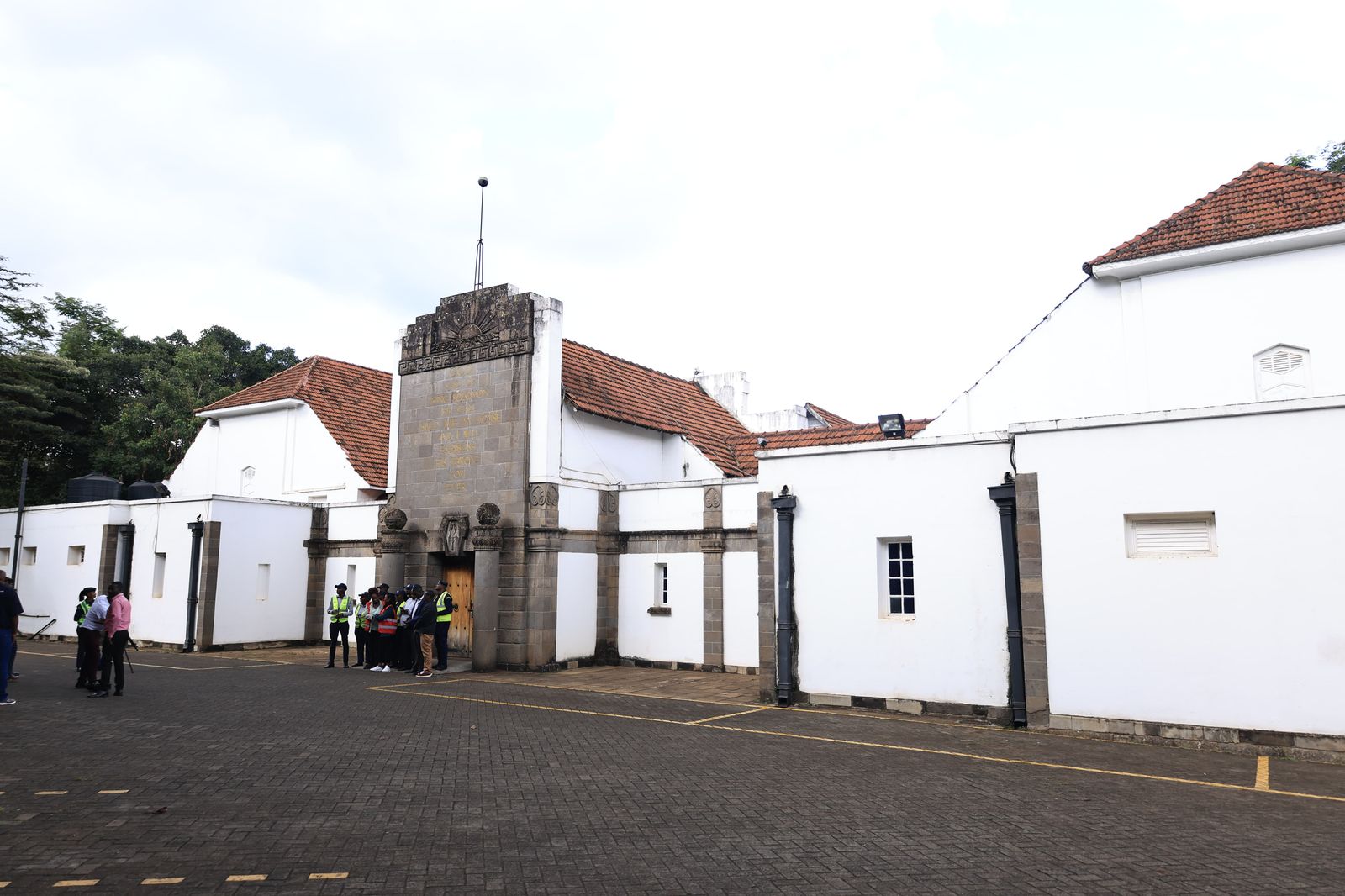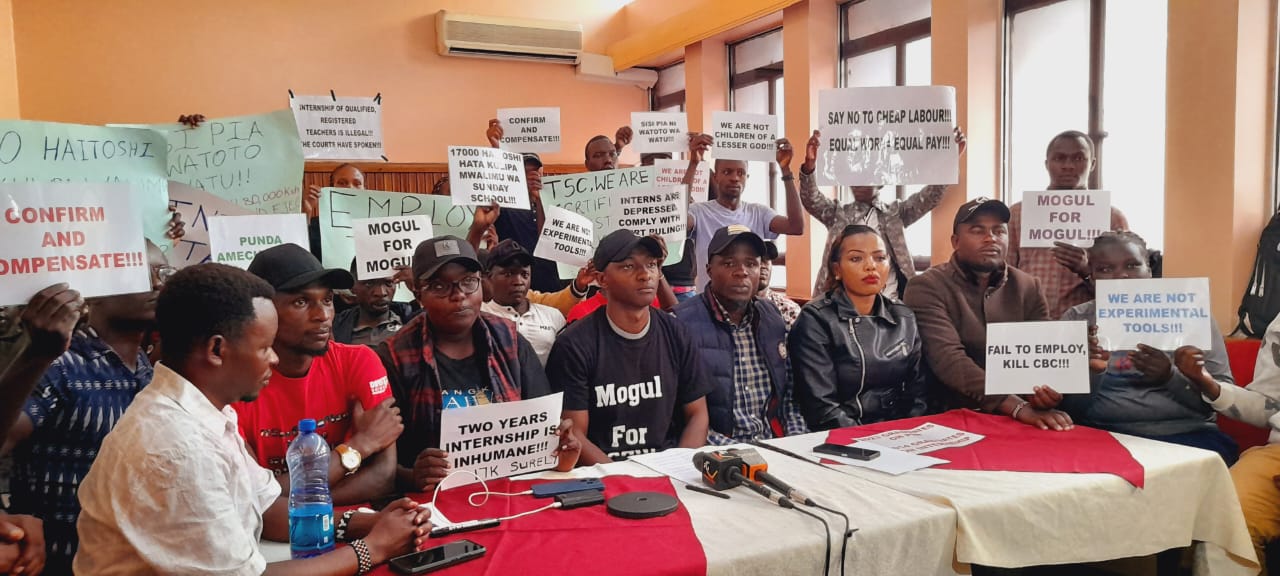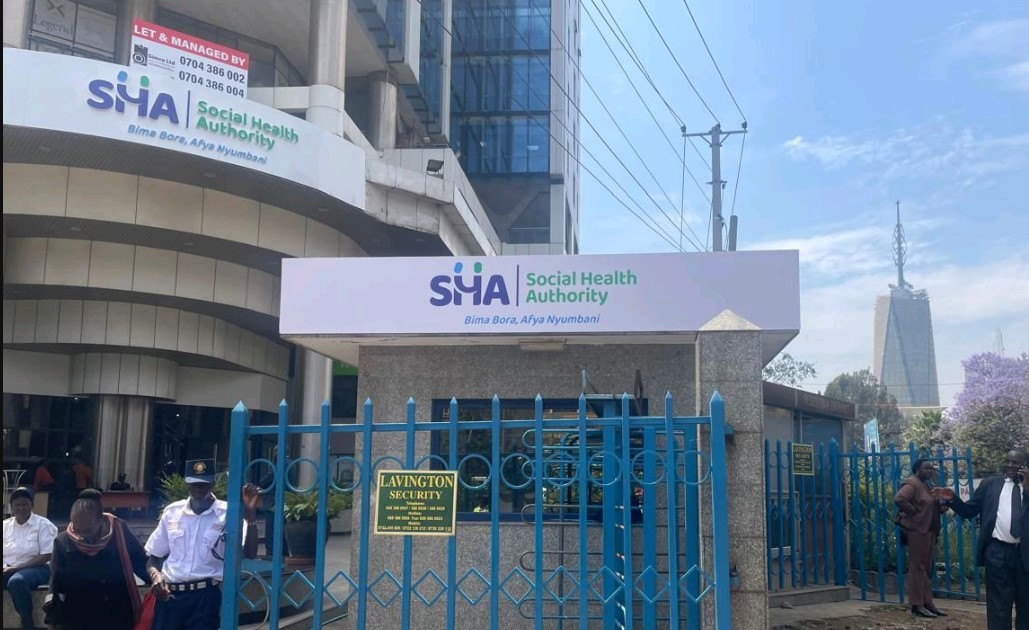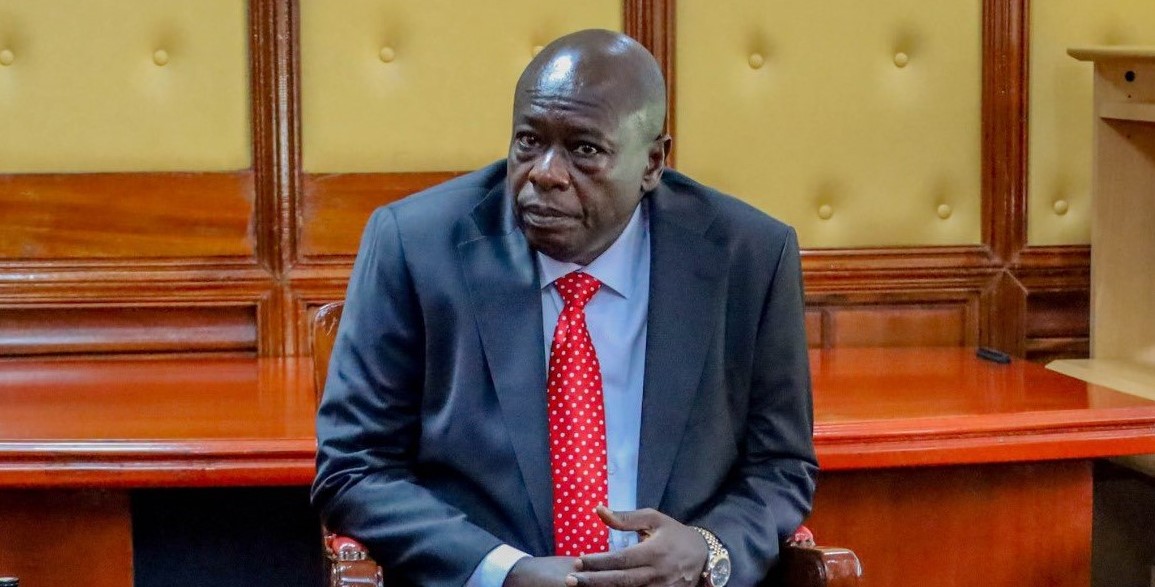Nairobi estates to experience water rationing despite ongoing heavy rains

The Nairobi City Water and Sewerage Company said the ongoing flooding in the City has washed away some of the water supply pipelines affecting their services.
The Nairobi City Water and Sewerage Company (NCWSC) has announced the continuation of water rationing in several parts of Nairobi County, despite the ongoing heavy rains.
In a notice on Sunday, the company noted that the ongoing flooding in the City has washed away some of the water supply pipelines affecting their services.
More To Read
- Eastleigh mosque sounds alarm over raw sewage discharge on Second Avenue
- Nairobi estates face 24-hour water disruption due to pipeline rerouting
- Nairobi Water Company introduces new short code to enhance customer service
- Nairobi residents to experience water disruption due to Friday's power outage
- Nairobi estates face 24-hour water disruption due to vandalism
- Eastleigh, JKIA among areas in Nairobi to face 12-hour water supply disruption
This, they said, has led to certain areas receiving water supply at low pressures.
Areas affected include; Fedha 1 Estate, Infinity Estate on Kagundo Road, Tumaini Estate, Kware Road area, Brookside Grove Westlands, Wangapala and Iregi Roads - Parklands, Kwa Ndege, Lower Plot 10, Lexo and surrounding areas.
Other areas are Tassia, Avenue Park 1 and 2 Estates, Nyayo Embakasi Estate, Ngomongo, Korogocho, Matopeni-Kayole, Cotton Road and Dennis Pritt Road - Kilimani, Chieko in Kasarani, Kamiti Road near Jacaranda and Kahawa Barracks and Kenyatta University.
"In view of this, we have to continue rationing water in Nairobi despite the heavy rainfall. This is done through our Equitable Water Distribution Program whose purpose is to enable each customer to receive water at least once a week. Any inconveniences are highly regretted," read the notice.
Customers in the affected areas have been urged to use the available water sparingly.
Water sources
Nairobi City County has four water sources; Kikuyu Springs, Ruiru, Sasumua and Thika Dams.
The water is treated in Ngethu, Sasumua, Kabete Water Treatment Works and Kikuyu Springs.
The four have an installed maximum daily production capacity of 440 million, 61 million, 20 million and four million litres respectively.
Despite a combined maximum capacity of 525.6 million litres per day, the company highlighted that the facilities have fallen short of the city's daily demand of 900 million litres.
It clarified that the current overflows in city dams do not enhance the supply capacity, which is capped by the maximum output of the treatment facilities.
Thus, even with excess water from the rainfall, the overall supply to Nairobi residents remains strictly bound by these production limits.
"Our water supply to the City is therefore limited to the installed production capacity. This means that even when we have our dams overflowing, the water supply will remain constant- We cannot go beyond the installed production capacity," the company said.
Top Stories Today

